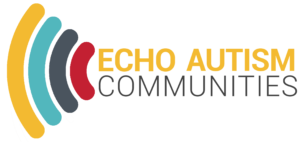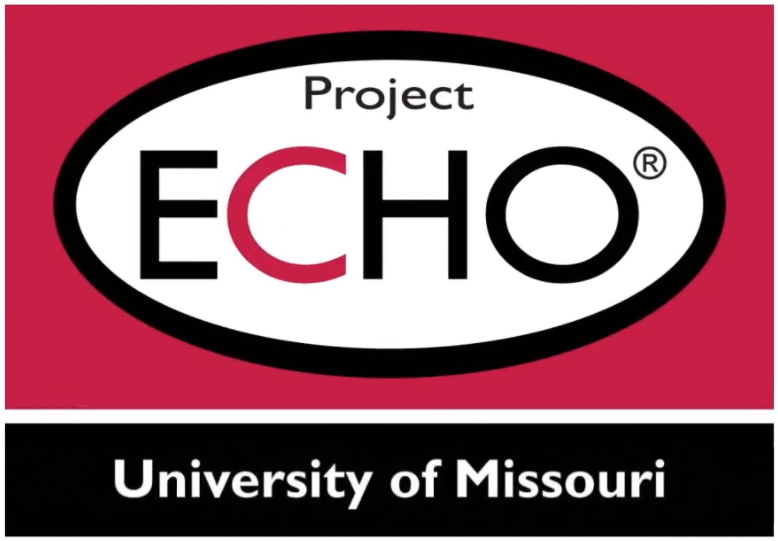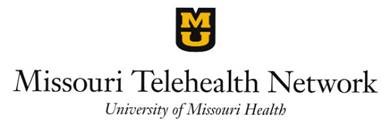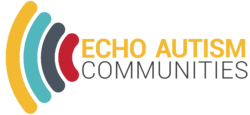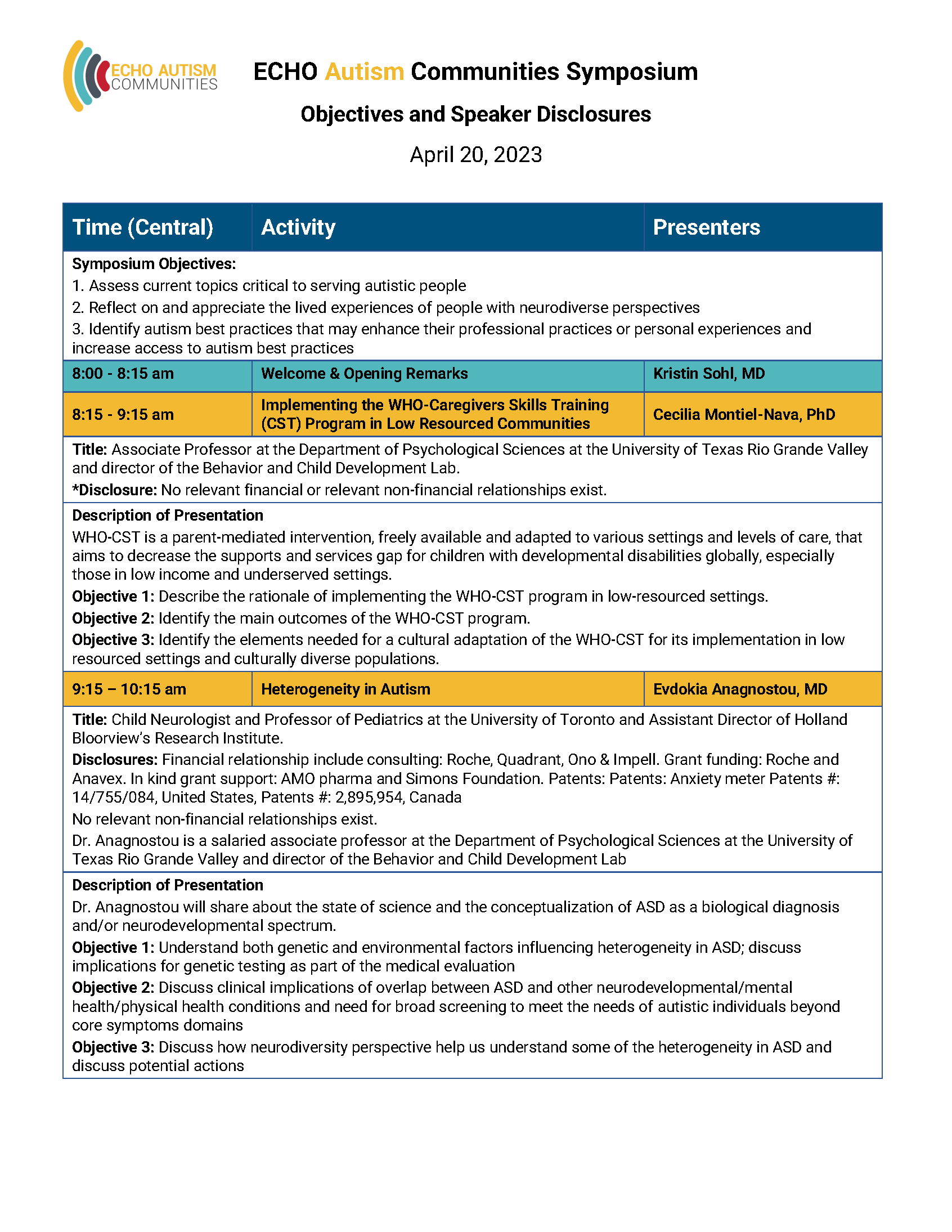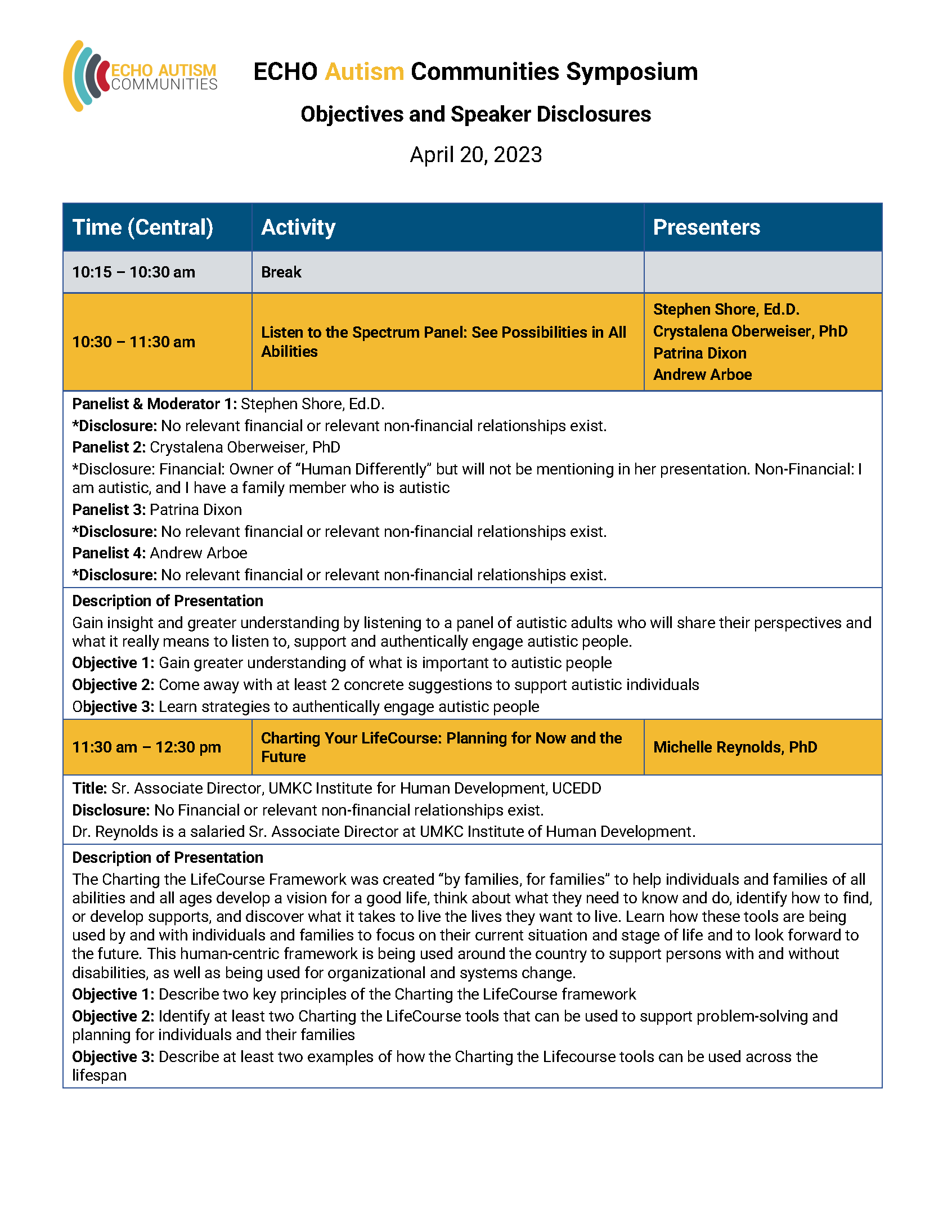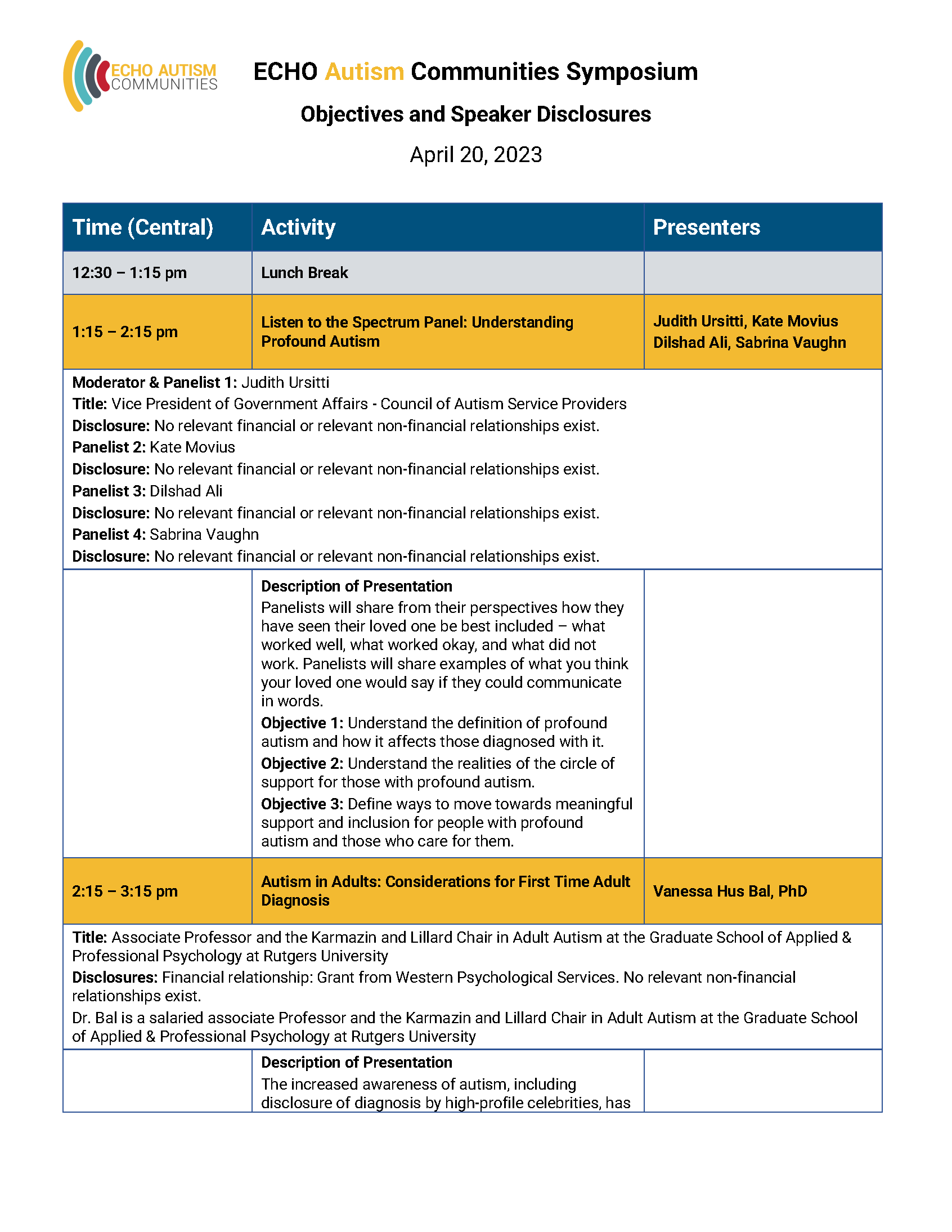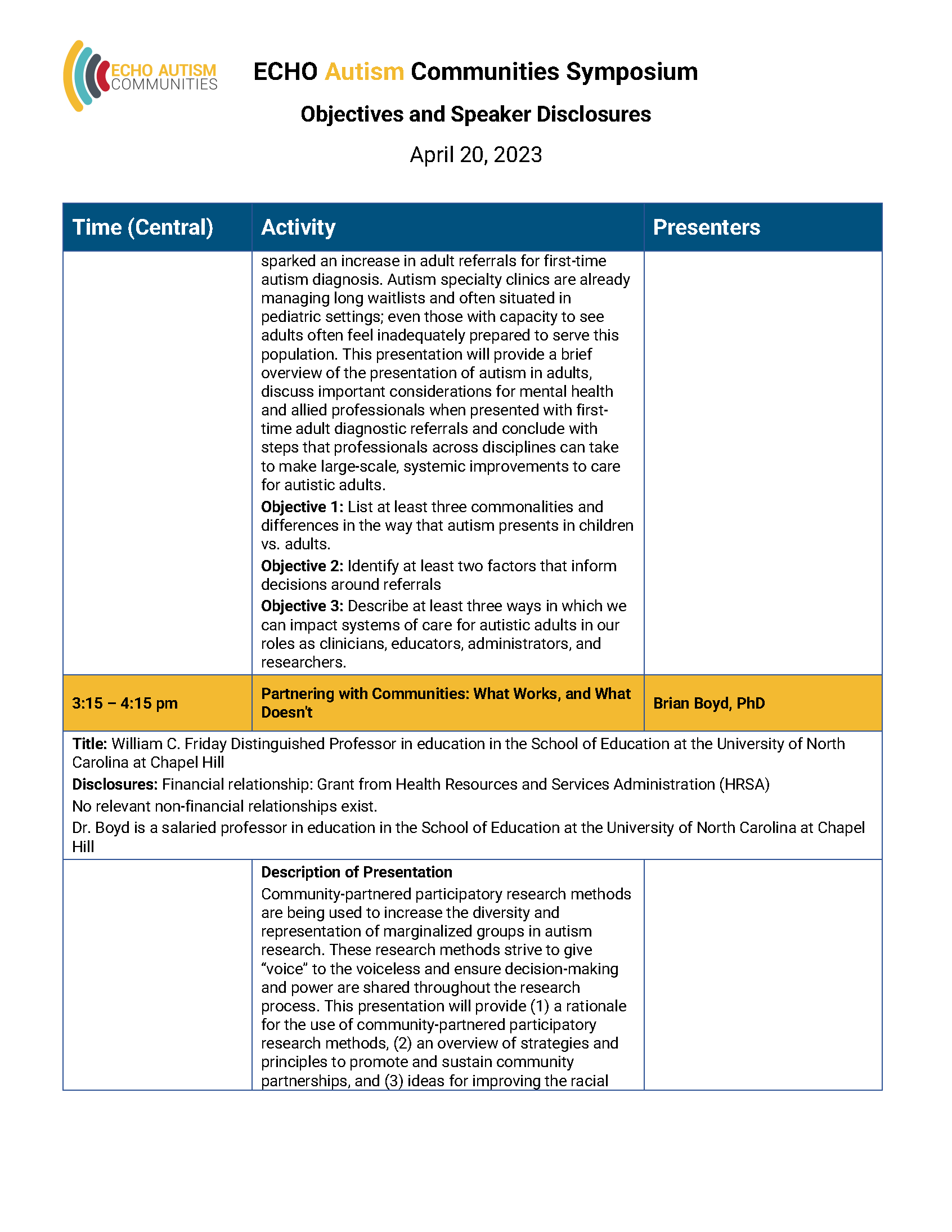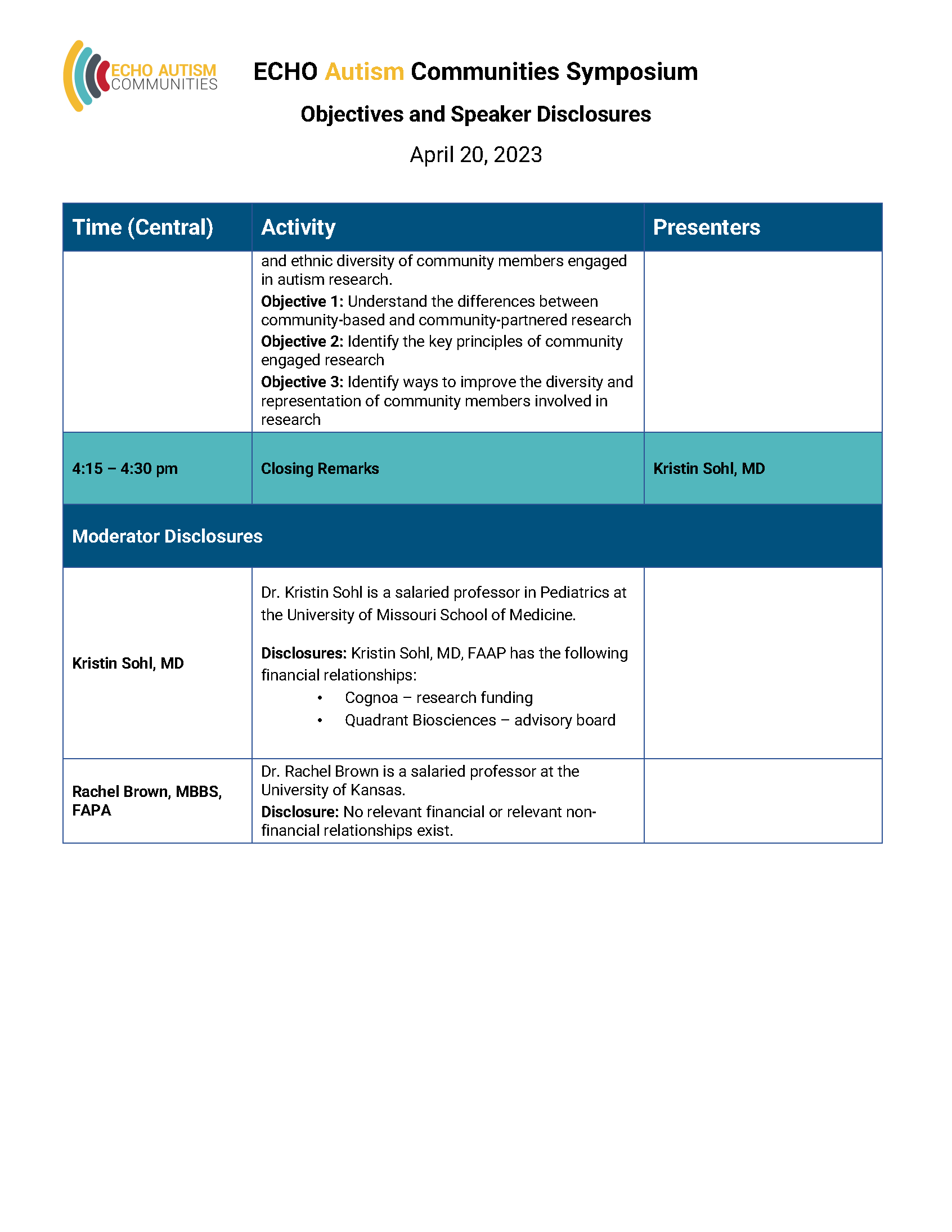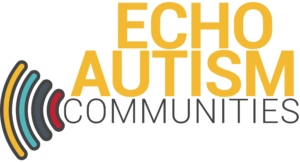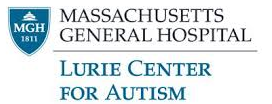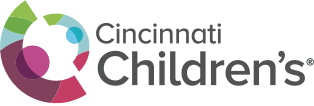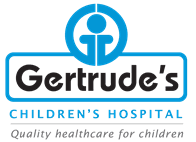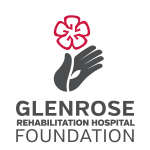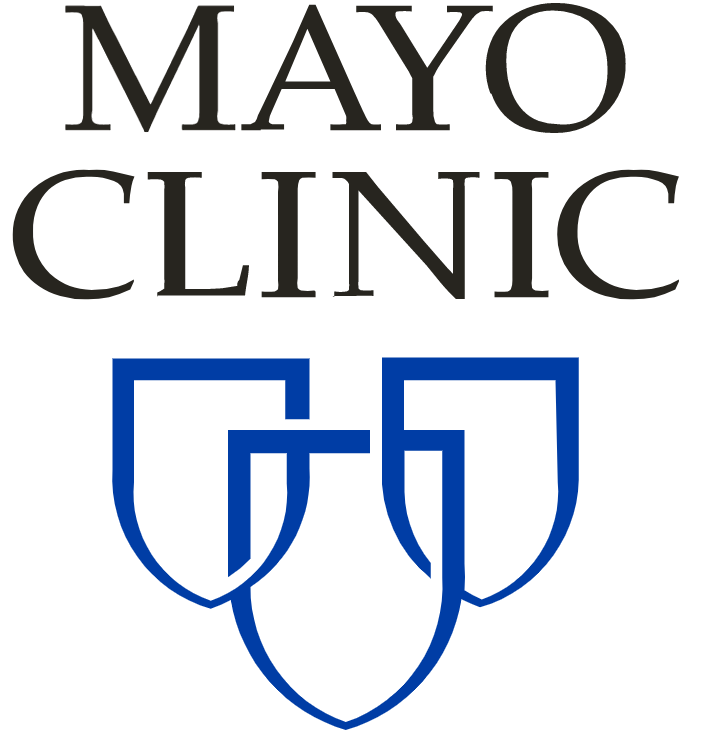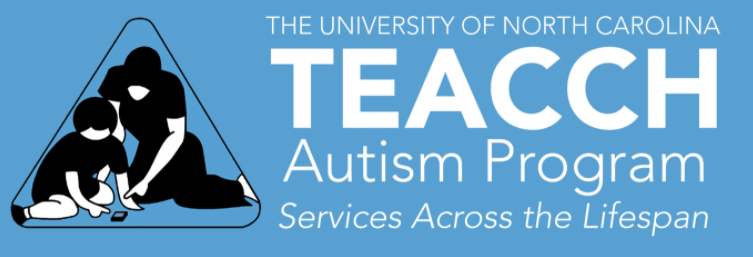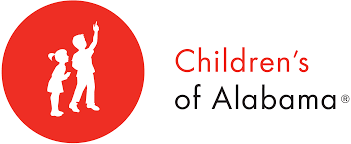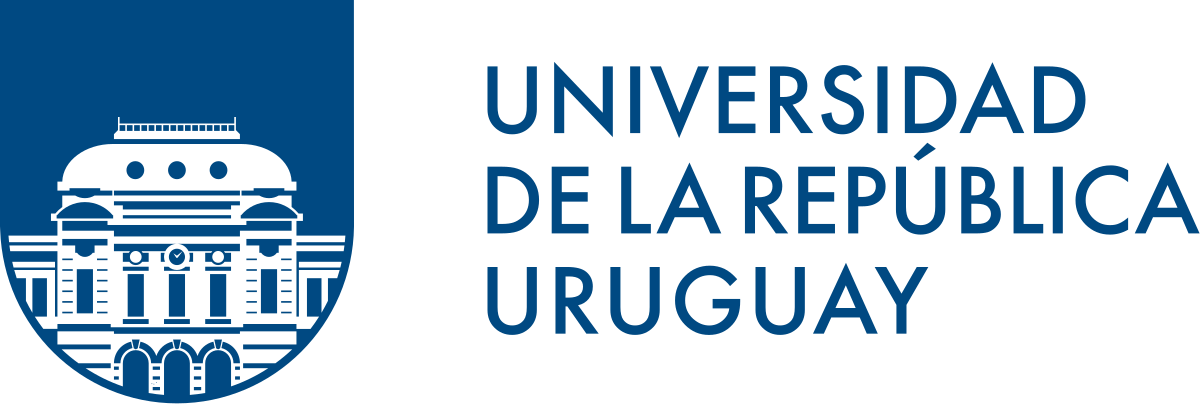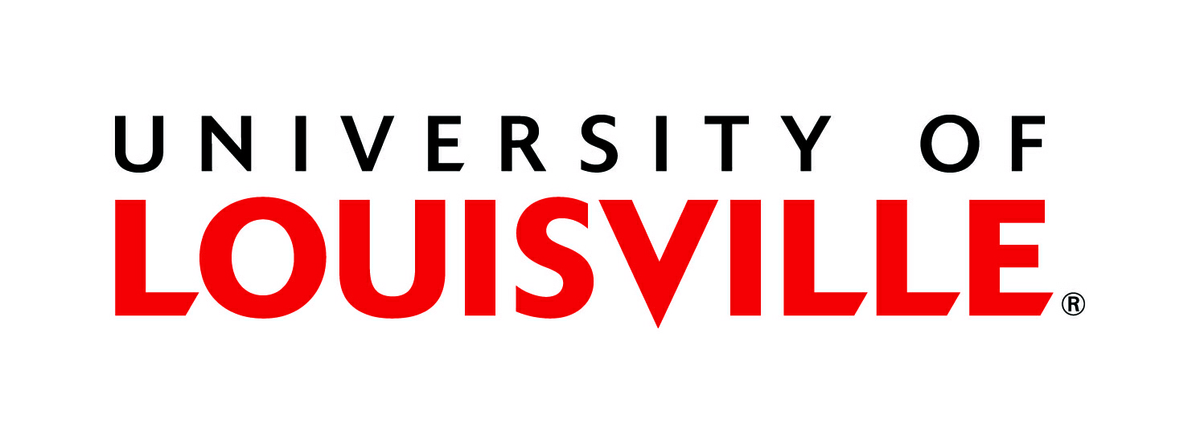
ECHO Autism Communities Symposium 2023
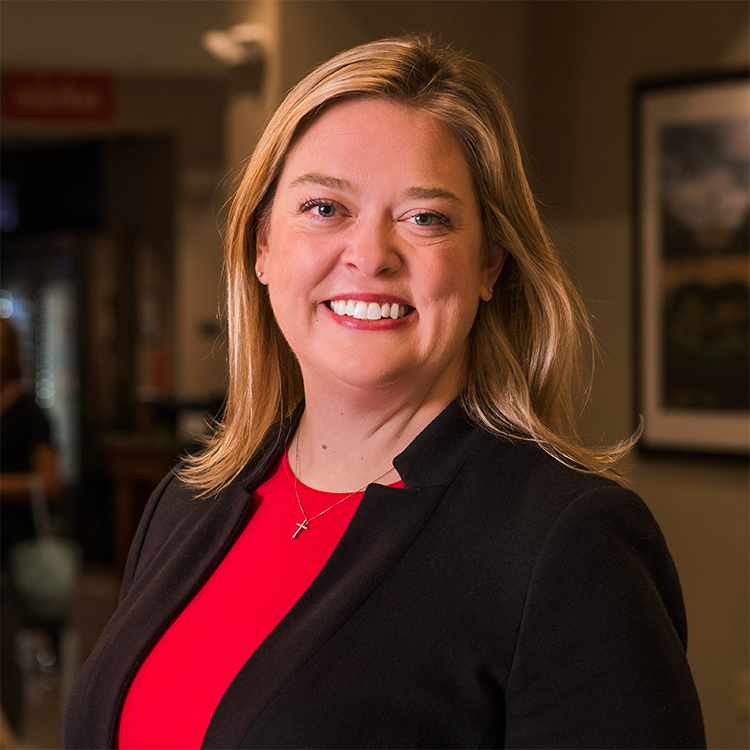
“The ECHO Autism Communities Symposium unites professionals and advocates globally around key concepts to ignite important conversations and take action together. Learn from leading experts as we engage in empowering ourselves and each other through knowledge, practice, and advocacy.”
– Dr. Kristin Sohl
“The ECHO Autism Communities Symposium unites professionals and advocates globally around key concepts to ignite important conversations and take action together. Learn from leading experts as we engage in empowering ourselves and each other through knowledge, practice, and advocacy.”
– Dr. Kristin Sohl
At this free symposium event, experts and participants learned together about specific topics to enhance services, access, care, and advocacy within the autism community.
At this symposium event, experts and participants learn together about specific topics to enhance services, access, care, and advocacy within the autism community.
ECHO Autism Communities Symposium Speakers

Kristin Sohl, MD, FAAP is a Professor of Clinical Child Health at the University of Missouri, Founder and Executive Director of ECHO Autism, Medical Director for MU Missouri Telehealth Network, and the MU Office of Continuing Medical Education. She is a pediatrician with extensive experience in medical diagnosis, evaluation, and longitudinal support of people with a concern of autism and other developmental/behavioral disorders. Dr. Sohl is regarded as an expert in quality and process improvement particularly for comprehensive autism diagnostic and longitudinal services. She founded ECHO Autism, an innovative framework to increase community capacity to care for people with autism. It is viewed as a national model in expanding equitable access to best practice screening, evaluation, diagnosis, and longitudinal support for autistic people particularly in underserved and rural populations. The ECHO Autism team has established partnerships with other children’s hospitals and autism centers in more than 40 locations in the United States and 15 international locations.
Dr. Sohl is a tireless advocate for children and enjoys engaging other physicians in being a voice for children’s health particularly related to changing systems to improve access to equitable care in rural and underserved locations. She is the President of the American Academy of Pediatrics, Missouri Chapter. She is the chair of the American Academy of Pediatrics, Autism Subcommittee within the Council on Children with Disabilities. She completed medical school and pediatric residency at the University of Missouri.

Andrew Arboe is a self-advocate who worked in various settings for the autism community for over four years. Andrew has job coaching, outreaching, and even self-employment experiences that showcase his focus on transitioning to adulthood for individuals. Andrew is also known for talking throughout the New England area about autism and driving, having given talks about strategies and his personal experiences. He started and online program during 2021 called Driving with Autism, which he ran for a year, and it taught him various lessons. He also worked in various organizations like Autism Families Connecticut, Autism Services & Resource Connecticut, Planning Across the Spectrum, The Next Street, and Plainville Community Schools.
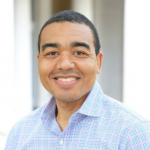
Brian Boyd is the William C. Friday Distinguished Professor in Education in the School of Education at the University of North Carolina at Chapel Hill. He was previously the Director of the Juniper Gardens Children’s Project at the University of Kansas. Dr. Boyd is quite engaged in research that involves the most vulnerable, and often marginalized, populations. As a special educator by training, much of his research has involved the development and evaluation of evidence-based practices that could be implemented within school and home contexts. His more recent work has focused on how issues of implicit bias and race affect the outcomes of children with and without disabilities. Dr. Boyd’s research has been continuously funded by federal agencies such as the Institute of Education Sciences and National Institutes of Health. Currently, he serves as Vice President of the International Society for Autism Research and Co-Editor of the Journal of Early Intervention. He also serves on multiple national boards that are dedicated to improving the outcomes of autistic persons and those from historically underserved communities.

Dr. Cecilia Montiel-Nava, a bilingual clinical psychologist, is an associate professor at the department of Psychological Sciences at the University of Texas Rio Grande Valley, and director of the Behavior and Child Development Lab (BeChilDLab).Her clinical and research interests focus on understanding ethnic disparities among children with autism spectrum and neurodevelopmental disorders, the impact of bilingualism in language development of autistic children, and development and implementation of evidence-based parent-mediated interventions in underserved populations. Her research has as an ultimate goal to reduce the gap in accessing care for identification and treatment of neurodevelopmental disorders in underserved populations.

Crystalena Oberweiser, PhD is a developmental psychologist and autistic self-advocate. She is the Program Manager for Show Me Strong Kids and content expert for ECHO Autism Communities. She also coaches neurodiverse people. She spent 14 years as a teacher teaching middle school and the occasional adjunct college course.
Crys did not speak clearly until she was almost 5. She received the diagnosis of PDD-NOS at nearly 6 years old. It wasn’t until much later that she received the diagnosis that helped explain how her brain works – AuDHD. Understanding that she had Autism AND…helped to explain and validate so many of her experiences.
Crys is a collector of Converse All Stars and college degrees. The shoes because she enjoys sameness, and they are comfortable. At last count she owns 98 pair! She began studying psychology because she wanted to understand what the “normies” were thinking. After earning her PhD in 2010, she went back to school and got a JD in 2018.
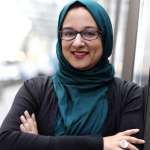
Dilshad D. Ali, mother of three children, the eldest of who is profoundly autistic, is the Blog and Content Editor of The Haute Take, the media arm of Haute Hijab, which covers all things pertaining to Muslim women. She has worked as an editor and journalist for more than 25 years covering Muslims in America for a variety of media outlets and writes on the intersection of faith, family, and autism at The Muslimah Next Door. She serves on the Board of Directors for the Autism Society of Central Virginia as well as on the BOD of Muhsen, an organization dedicated to making mosques and Muslim spaces inclusive and accessible for those with disabilities and their families. She also served as the chair of the advisory board for Enabled Muslim, a disability-focused project of American Muslim Health Professionals. Mrs. Ali served two terms on the Virginia Autism Advisory Council and is a White House Champion of Change honoree for her autism writing and advocacy work. And she makes a mean cup of chai.

Evdokia Anagnostou is a Child Neurologist and Professor of Pediatrics at the University of Toronto and Assistant Director of Holland Bloorview’s Research Institute. As a Senior Clinician Scientist, she co-leads of the Autism Research Centre (ARC) at Holland Bloorview and University of Toronto. She holds a Canada Research Chair in translational therapeutics in Autism Spectrum Disorder (ASD) and the Dr. Stuart D. Sims Chair in Autism at Holland Bloorview.
Dr. Anagnostou has received extensive international funding to understand the underlying biological differences associated with ASD and other neurodevelopmental differences, translate such understandings into potential novel interventions. She also has funding in health system innovation, stakeholder engagement, and in understanding the meaning and impact of ASD in marginalized populations. She serves on multiple government committees on improving diagnostic and intervention pathways, and several editorial boards and grant review panels.
She has also been recognized for her contributions to training young clinicians and scientists and for her commitment to women in STEM. She currently represents the region of America –North on the INSAR Global Senior Leaders committee.

Judith Ursitti is Vice President of Government Affairs for CASP. A CPA by training, she spent a decade working in the field tax accounting. She became immersed in the world of autism advocacy when her son, Jack, was diagnosed at age 2. Since his diagnosis, she has worked on the passage, implementation, and enforcement of autism-related legislation in more than a dozen states. She worked for Autism Speaks as their director of state government affairs for more than a decade and has served on the Massachusetts Autism Commission, where she co-chaired the Commission’s 14-22/Employment Subcommittee.
She is the recipient of the Margaret Bauman, MD Award for Excellence within the Autism Community, the Advocates for Autism of Massachusetts Commitment to Advocacy Award, the Autism Advocacy in Action Award from the Long Island Behavior Analysis Conference, and the Oklahoma Autism Network’s Excellence in Autism Award. She has also run ten marathons, including seven Bostons, frequently fundraising for various autism-related charities. She serves on the board of the National Council of Severe Autism and is the co-founder of the Profound Autism Alliance.
Always a Texan at heart, Judith lives outside of Boston with her family.

Kate Movius is the founder of Autism Interaction Solutions, whose mission is to provide effective training in autism identification, safety and communication tactics for first responders. Kate’s work has been profiled by CBS, ABC, FOX and the LA Times. She is a frequent spokesperson about special needs issues and has been a contributing writer for The LA Times, Los Angeles Magazine and Pasadena Magazine. Kate serves on the Bringing Our Loved Ones Home Task Force, working with the Los Angeles Board of Supervisors to establish a strategic plan to minimize the risks of wandering for people with Alzheimer’s and autism. She is also a member of the Autism Society of America Safety Task Force. Kate is the proud mom of two sons, one of whom has autism.

Michelle C. Reynolds, Ph.D.: Reynolds is Senior Associate Director of Training and Technical Assistance at the UMKC Institute for Human Development, University Center on Excellence in Developmental Disabilities, as well as Research Associate Professor with the UMKC School of Medicine, Department of Biomedical and Health Informatics. She conducts research, demonstrations and implementation of evidence-based practices that enhance person-and family-centered organizational, policy and systems change. She is co-principal investigator of the National Community of Practice on Supports to Families in collaboration with National Association on State Developmental Disability Directors. She is lead developer of the Charting the Life Course framework and tools now informing multi-level policy and practice change in 21 states. She helped develop the National Agenda for Supporting Families with a Member with Intellectual and Developmental Disabilities and as a facilitator of the AUCD Family Special Interest Group. She is the Director of the HRSA Family-to-Family Health Information Center for Missouri and Missouri’s Parent-to-Parent program, housed within the Missouri Developmental Disability Resource Center. For eight years, she provided support to national and local self-advocate organizations. Since 2014, she has served on the President’s council for People with Intellectual Disabilities. She has earned a Masters in Occupational Therapy from Rockhurst University and a doctorate in Public Administration and Sociology from the University of Missouri, Kansas City with a focus on family support research. Dr. Reynolds’ passion, knowledge, and experience comes from growing up as a sibling of a brother with developmental disabilities.

Rachel Brown, MBBS, FAPA is a physician, psychiatrist and child and adolescent psychiatrist. She has worked with individuals with autism spectrum disorders and co-occurring psychiatric conditions for more than forty years, in outpatient, residential and inpatient settings. She has practiced in two countries and five US states, and has worked in private practice, community mental health, state hospitals, and academic health centers. Her current position is Professor and Chair for the Department of Psychiatry at the University of Kansas-Wichita. Dr. Brown has authored multiple peer reviewed articles and book chapters, and presented workshops, posters, and oral presentations at conferences in the US and overseas. She is a dedicated medical educator, working with a wide range of professionals and learners at all levels throughout her career. She has been part of ECHO Autism since its inception. Dr. Brown grew up in the UK, attended medical school and did her psychiatry residency there. She completed two child and adolescent psychiatry fellowships, one in London, and the second, after moving to the USA, at the University of Alabama-Birmingham.
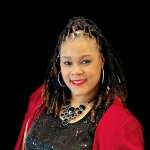
Sabrina Vaughn is the founder and executive director of Hatching Hope foundation. She has been in the field of autism for ten years as a parent and special education advocate. Currently, she sits on the IDD Planning Advisory Committee for Metrocare Services of Dallas County. Sabrina graduated from the University of Missouri-Columbia with a B.J. in broadcast journalism and a B.A. in English. She holds a master’s degree in education from the University of Phoenix. The majority of her education and professional experience has been in the communication and education. Before becoming “the Vaughn Triplet mom” and dedicated parent, Sabrina traveled the nation encouraging thousands of youth to live meaningful lives and to take hold of their dreams. As one of the top speakers for Monster.com-Making it Count programs and the “must have” stage personality at the Diversity Leadership programs by Monster, Sabrina has entertained college students and corporate representatives at all levels.
In 2010 after giving birth to triplets, Sabrina appeared on the TLC’s show Make Room for Multiples as she shared her experience with the world. When her babies were a mere 15 months, she began to notice changes in her son’s behavior. She followed her “mom instinct” and had him evaluated by a developmental pediatrician. When she received a confirmed autism diagnosis, her live changed instantly. Despite her aggressive nature, Sabrina had a tough time finding services and real people to connect with while dealing with her new reality. The struggle to find services was the primary reason Sabrina vowed to form an organization to help other families find what she couldn’t when her son first received his autism diagnosis. She describes the first few months after learning her son had autism “as some of her darkest days.” Sabrina is a strong warrior mother that is full of determination, enthusiasm, intelligence, and personality. She has made it her mission to use all her internal pain and skills Hatching Hope When Families Need It Most!

Stephen Shore, Ed.D diagnosed with “Atypical Development and strong autistic tendencies” and “too sick” for outpatient treatment Dr. Shore was recommended for institutionalization. Nonspeaking until 4, and with much support from his parents, teachers, wife, and others, Stephen is now a full time professor at Adelphi University and adjunct at NYU Steinhardt School of Culture, Education, and Human Development, focusing on aligning best practice in supporting autistic people to lead fulfilling and productive lives.
In addition to working with children and talking about life on the autism spectrum, Stephen is an internationally renowned educator, consultant and author on lifespan issues pertinent to education, relationships, employment, and self-advocacy. His most recent book College for Students with Disabilities combines personal stories and research for promoting success in higher education.
A current board member of Autism Speaks, the Organization for Autism Research (OAR), American Occupational Therapy Foundation (AOTF), president emeritus of the Asperger/Autism Network, and advisory board member of the Autism Society, Dr. Shore also serves on the advisory boards of AANE, and other autism related organizations.

Dr. Vanessa Bal earned her M.Sc. in neuroscience from the University of Oxford and her Ph.D. in psychology from the University of Michigan. She also completed her clinical psychology internship at the University of Michigan and a postdoc in human genetics at the University of California, San Francisco.
Dr. Bal is currently an Associate Professor and the Karmazin and Lillard Chair in Adult Autism at the Graduate School of Applied & Professional Psychology at Rutgers University. She is a licensed clinical psychologist and director of the Rutgers Center for Adult Autism Services (RCAAS) Psychological Services Clinic. She is also co-director of research at the RCAAS and leads the Lifespan Symptom Profiles, Achievements & Needs (LifeSPAN) ASD Lab, which focuses on advancing understanding of autistic adults’ strengths, difficulties and goals and how these develop and change across adulthood. To this end, her research interests and current projects include adapting approaches to address mental health problems and support emotional well-being for autistic adults; characterizing the abilities and needs of autistic youth and adults who are minimally verbal or non-speaking; and exploring how the presentation and measurement of autism symptoms are affected by ongoing development and individual differences in language and cognitive abilities, co-occurrence of psychiatric conditions (e.g., depression, anxiety), personality/temperament and genetic profiles.

Patrina Dixon, CESP is a recently diagnosed (ASD) single mother of three children. Two of her children are neurodiverse and one was recently diagnosed with autism. Patrina offers a valuable perspective on this symposium topic by offering insight into why some systems fail BIPOC families. Through Patrina’s previous work as an employee of the Missouri Department of Social Services, Job Coach, Team Lead and Instructor of Pre-Employment Services at Easterseals Midwest and as a client of Vocational Rehabilitation, she has learned about the many service and support systems from the inside out. Patrina became a Certified Employment Professional CESP in 2016 and she is an active member of the MO chapter of the Association of People Supporting Employment First. Patrina is a strong advocate for individuals on the Autism Spectrum and she works closely with employers to create employment opportunities for individuals with disabilities.
Kristin Sohl, MD
Welcome & Opening Remarks
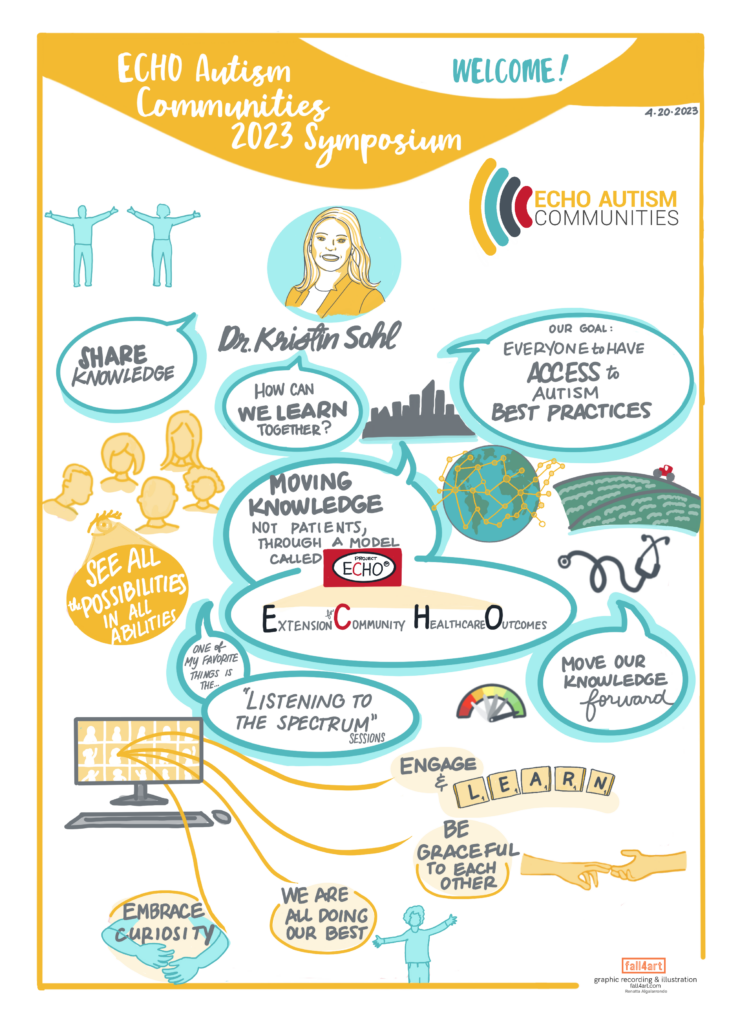
Cecilia Montiel-Nava, Ph.D
WHO-CST is a parent-mediated intervention, freely available and adapted to various settings and levels of care, that aims to decrease the supports and services gap for children with developmental disabilities globally, especially those in low income and underserved settings.
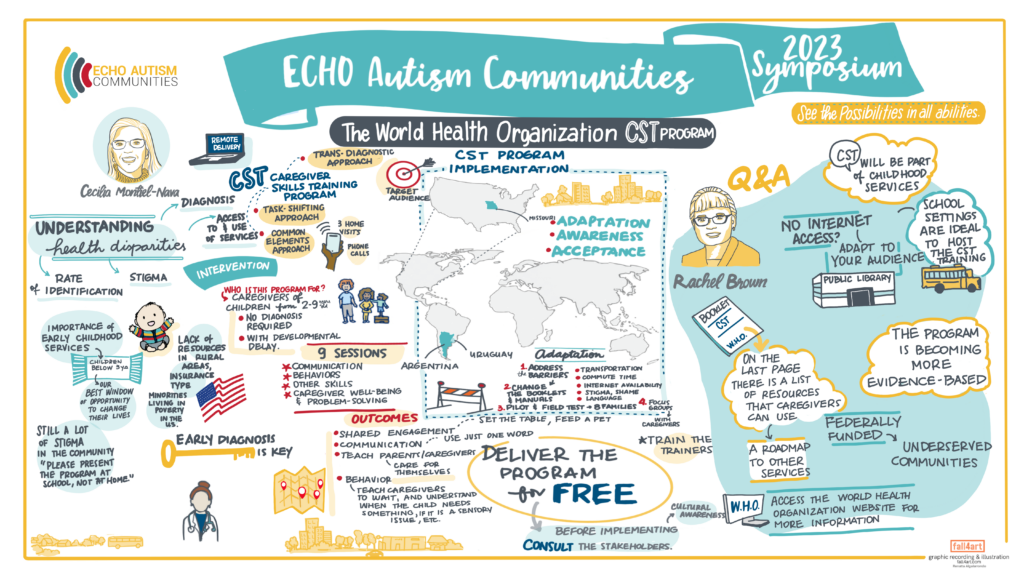
Evdokia Anagnostou, MD
Dr. Anagnostou will share about the state of science and the conceptualization of ASD as a biological diagnosis and/or neurodevelopmental spectrum.
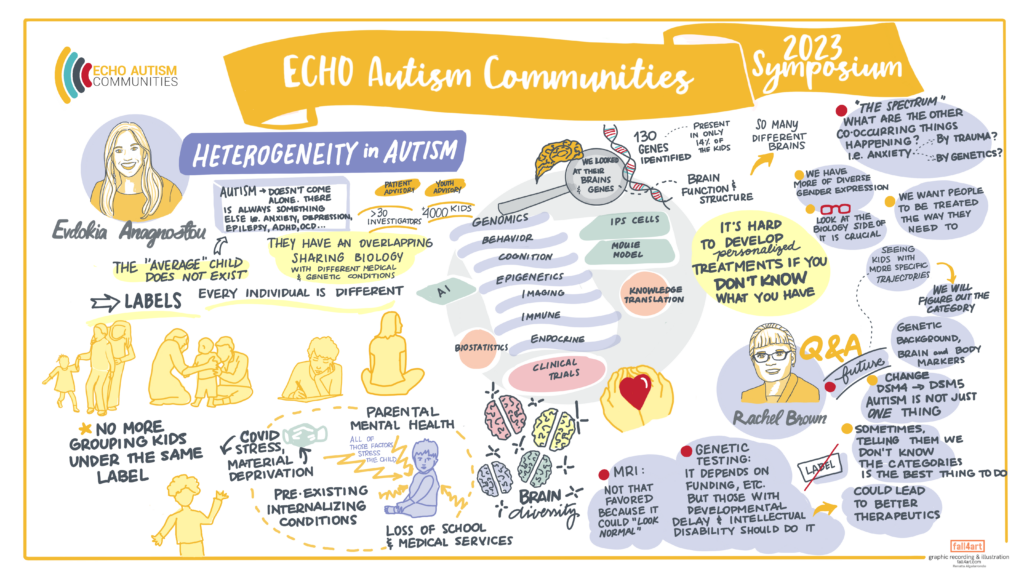
Stephen Shore, Ed.D.
Crystalena Oberweiser, Ph.D.
Patrina Dixon, CESP
Andrew Arboe
Gain insight and greater understanding by listening to a panel of autistic adults who will share their perspectives and what it really means to listen to, support and authentically engage autistic people.
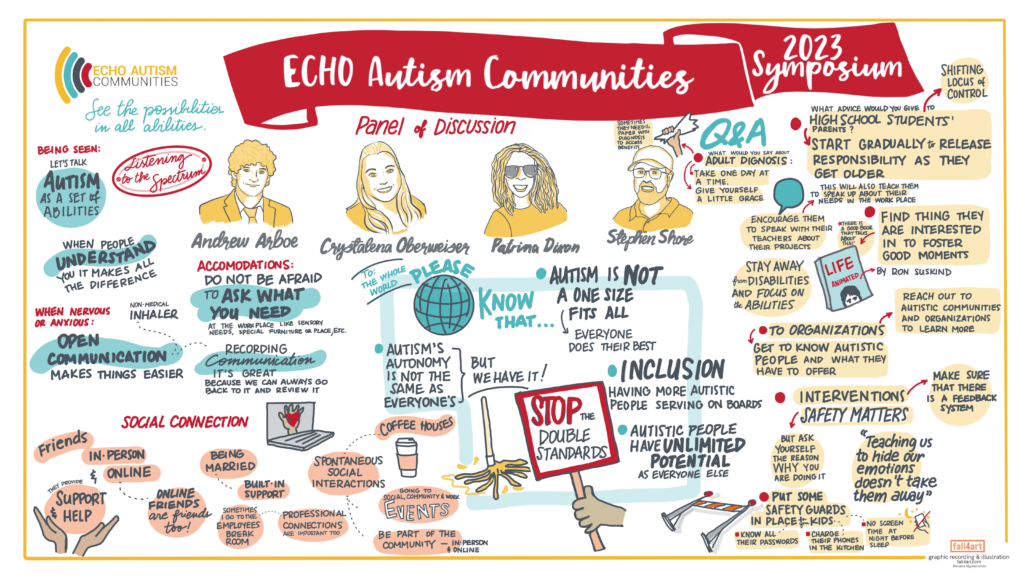
Michelle Reynolds, Ph.D.
The Charting the LifeCourse Framework was created “by families, for families” to help individuals and families of all abilities and all ages develop a vision for a good life, think about what they need to know and do, identify how to find, or develop supports, and discover what it takes to live the lives they want to live. Learn how these tools are being used by and with individuals and families to focus on their current situation and stage of life and to look forward to the future. This human-centric framework is being used around the country to support persons with and without disabilities, as well as being used for organizational and systems change.
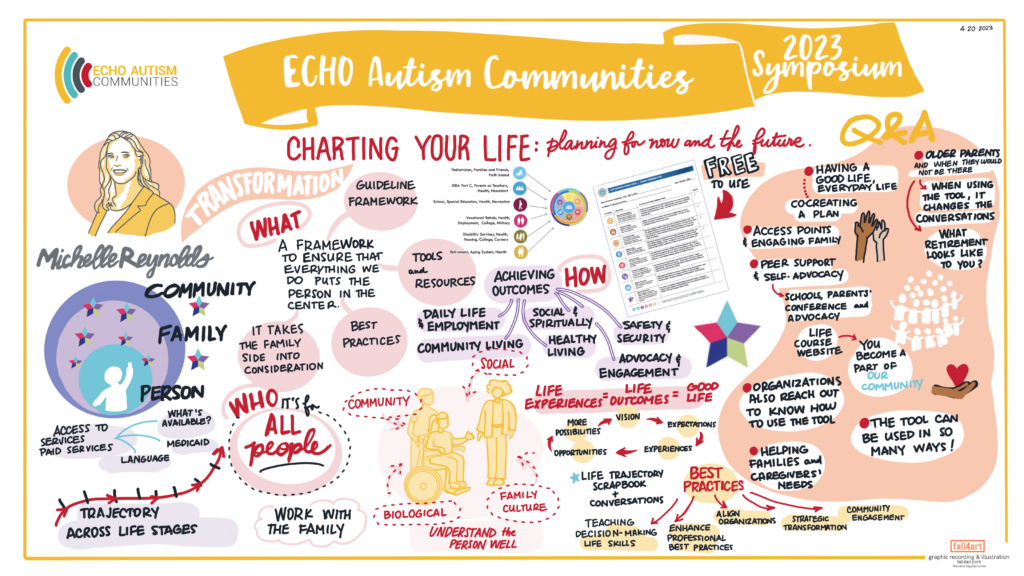
Judith Ursitti
Kate Movius
Dilshad Ali
Sabrina Vaughn
Panelists will share from their perspectives how they have seen their loved one be best included – what worked well, what worked okay, and what did not work. Panelists will share examples of what you think your loved one would say if they could communicate in words.
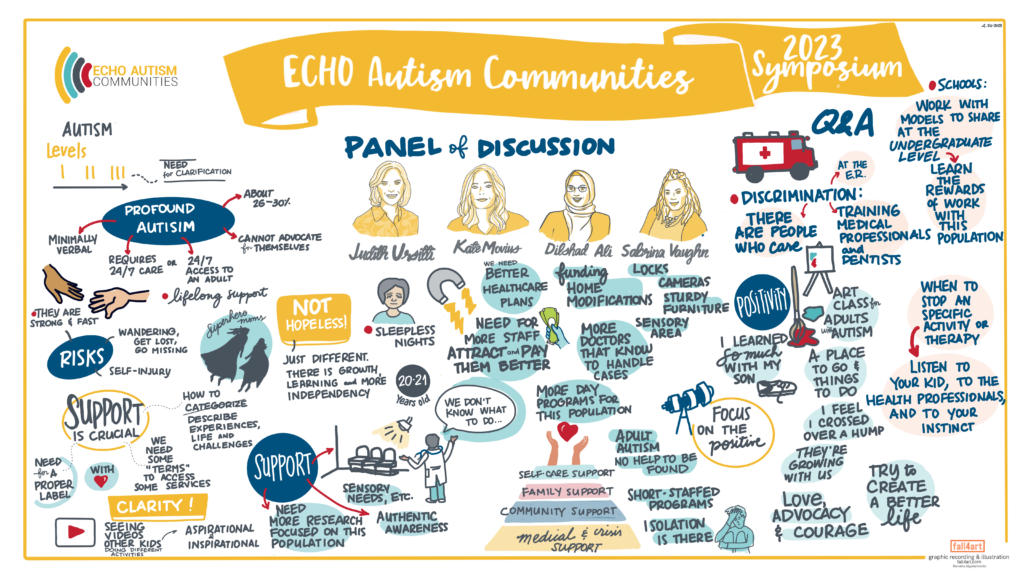
Vanessa Hus Bal, Ph.D
The increased awareness of autism, including disclosure of diagnosis by high-profile celebrities, has sparked an increase in adult referrals for first-time autism diagnosis. Autism specialty clinics are already managing long waitlists and often situated in pediatric settings; even those with capacity to see adults often feel inadequately prepared to serve this population. This presentation will provide a brief overview of the presentation of autism in adults, discuss important considerations for mental health and allied professionals when presented with first-time adult diagnostic referrals and conclude with steps that professionals across disciplines can take to make large-scale, systemic improvements to care for autistic adults.
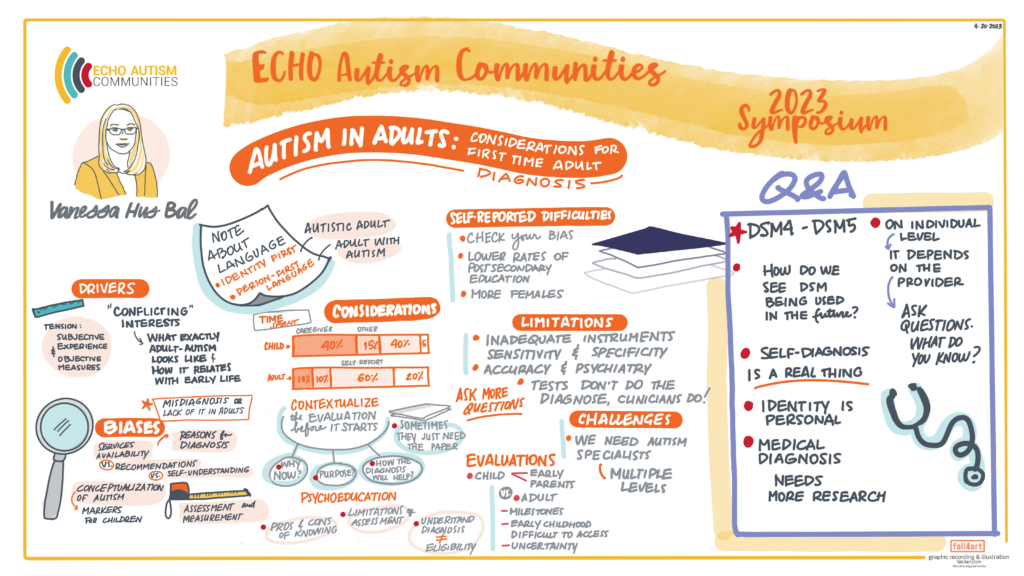
Brian Boyd, Ph.D.
Community-partnered participatory research methods are being used to increase the diversity and representation of marginalized groups in autism research. These research methods strive to give “voice” to the voiceless and ensure decision-making and power are shared throughout the research process. This presentation will provide (1) a rationale for the use of community-partnered participatory research methods, (2) an overview of strategies and principles to promote and sustain community partnerships, and (3) ideas for improving the racial and ethnic diversity of community members engaged in autism research.
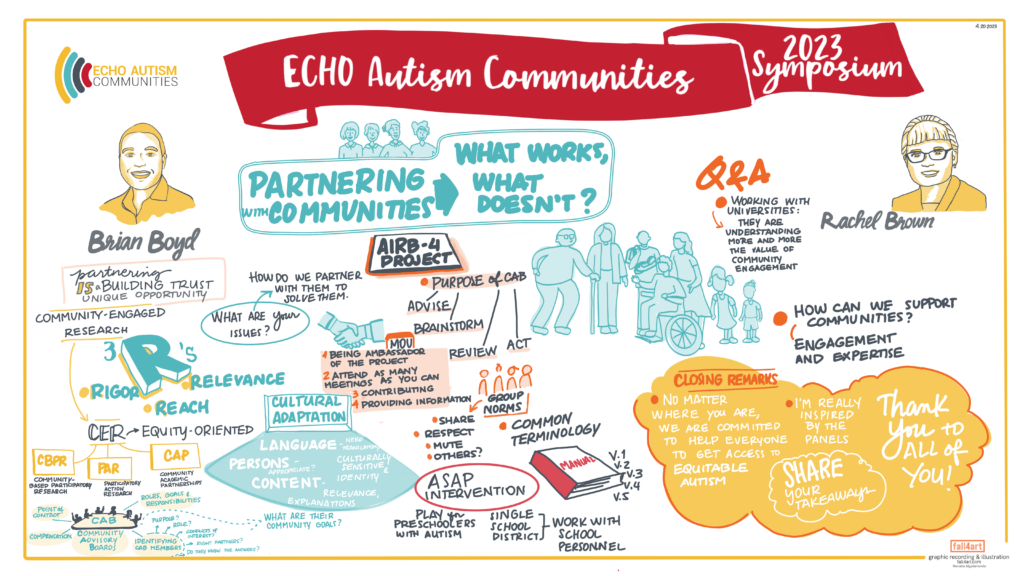
Continuing Medical Education
The University of Missouri – Columbia School of Medicine is accredited by the Accreditation Council for Continuing Medical Education (ACCME) to provide continuing medical education for physicians.
The University of Missouri – Columbia School of Medicine, designates this live educational activity for a maximum of 7.0 AMA PRA Category 1 Credit(s)™. Physicians should only claim the credit commensurate with the extent of their participation in the activity.
American Board of Internal Medicine (ABIM)
Successful completion of this CME activity, which includes participation in the evaluation component, enables the participant to earn up to 7.0 Medical Knowledge MOC points in the American Board of Internal Medicine’s (ABIM) Maintenance of Certification (MOC) program. It is the CME activity provider’s responsibility to submit participant completion information to ACCME for the purpose of granting ABIM MOC credit.
American Board of Pediatrics (ABP)
Successful completion of this CME activity, which includes participation in the evaluation component, enables the learner to earn up to 7.0 MOC points in the American Board of Pediatrics’ (ABP) Maintenance of Certification (MOC) program. It is the CME activity provider’s responsibility to submit learner completion information to ACCME for the purpose of granting ABP MOC credit.”
LPC, Social Work, Psychology, 50-minute hour CEs
The University of Missouri Continuing Education for Health Professions (CEHP) is part of an accredited university in the state of Missouri. As such, this program meets the requirements for Licensed Professional Counselors, Psychologists, and Social Workers with Missouri licenses. CEHP attests that this program contains 7.0 clock hours of instructional time. Licensed professionals measuring CE credit based on a 50 minute hour may claim up to 8.4 Contact Hours for full attendance at this program. Professionals from outside of Missouri may wish to check with their Boards regarding applying these credits to their licenses.
Behavior Analyst Certification Board, Inc. (BACB)
The University of Missouri Continuing Education for Health Professions has been approved by the Behavior Analyst Certification Board, Inc. (BACB) as an ACE provider of continuing education events. BACB ACE Provider # OP-22-0400
1 BACB CEU is being offered for the presentation titled “The September 26th Project” by Kelly Bermingham, MA, BCBA. No other presentations qualify for BACB Continuing Education Credit.
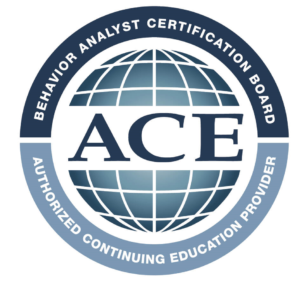
ASHA: American Speech-Language-Hearing Association

ASHA: American Speech-Language-Hearing Association
All participants not seeking one of the accreditations listed above will receive a Certificate of Attendance.
We are pursuing additional accreditations. Please check back for further information.
